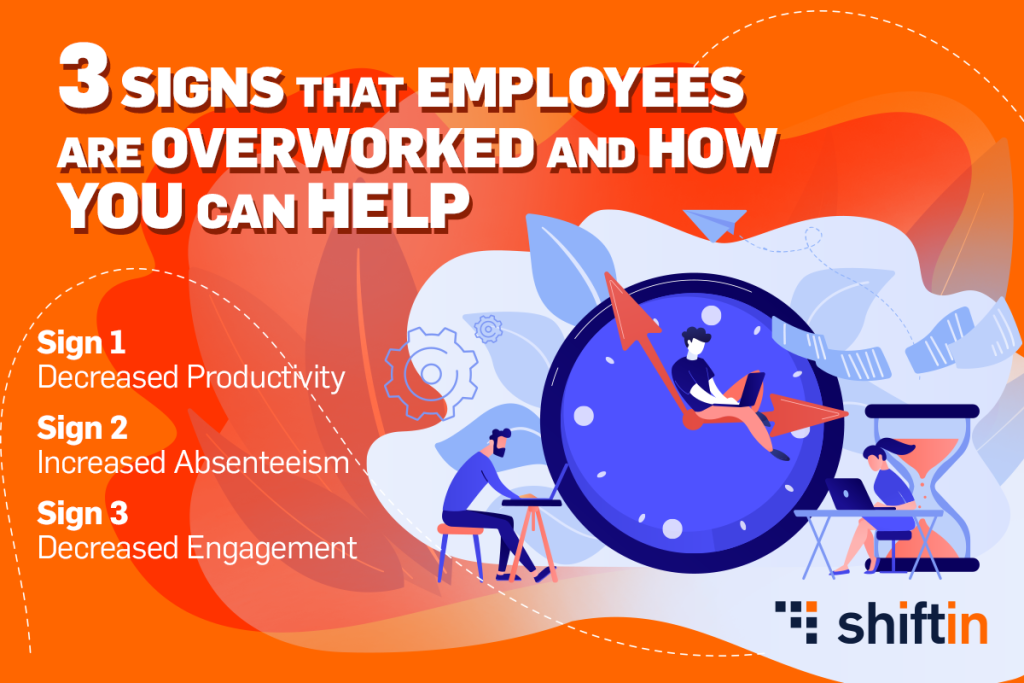In today’s professional environment, professional burnout and overwork are increasingly prevalent issues, affecting both employees and organizations. However, recognizing the signs of these problems and taking appropriate measures can make a significant difference. In this article, we will explore three signs that employees are overworked and how you can help. We will also discuss how human capital management can prevent professional burnout and overwork.
Sign 1: Decreased Productivity
One of the initial signs of professional overwork is a decrease in employees’ productivity. Fatigued and overworked employees struggle to maintain their usual performance levels. This decline in productivity can have a negative impact on the organization, leading to financial losses and employee frustration.
Sign 2: Increased Absenteeism
Professional burnout and overwork can lead to an increase in absenteeism rates. Overwhelmed by stress and exhaustion, employees may choose to take time off from work. This situation can place additional pressure on their colleagues and affect the team’s schedule and overall productivity.
Sign 3: Decreased Engagement
Professional overwork can cause employees to emotionally disengage from their work. They become less committed and involved in organizational activities. This can affect relationships with clients, the quality of services, and the overall work environment.

How You Can Help
Promote Work-Life Balance
Encourage employees to manage their time better and take regular breaks to relax.
Open Communication
Create an environment where employees feel comfortable expressing their concerns. Ensure that managers and HR are available to listen and provide support.
Training and Development
Provide employees with access to professional development programs to enhance their skills and confidence.
Implement Software Solutions
Use platforms like Shiftin to efficiently monitor and manage employee tasks, avoiding overwork and burnout.
Promote a Healthy Work Environment
Organize team-building activities, promote workplace wellness, and offer mental health support services.
Flexibility
Offer flexible work options and the possibility to work from home when needed.
Rewards and Recognition
Recognize employees’ efforts through rewards and appreciation to motivate and improve their well-being.
Counseling and Support
Provide resources and assistance to help employees cope with stress and professional burnout.
Continuous Monitoring and Evaluation
Track employees’ progress in terms of well-being and performance improvements.
By actively addressing the signs of professional burnout and overwork and implementing the right measures, organizations can promote a healthy work environment where employees can reach their full potential and contribute to the company’s success. For more information on how to prevent professional burnout, visit our resource article here</a<.
With the right approach, employees can reach their full potential, and organizations can thrive.


